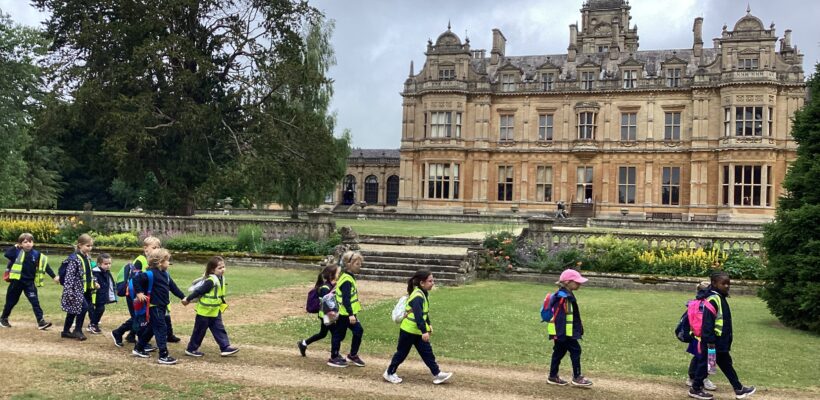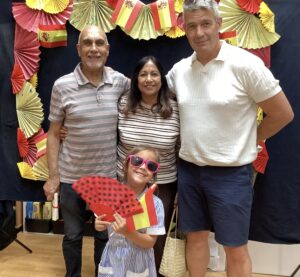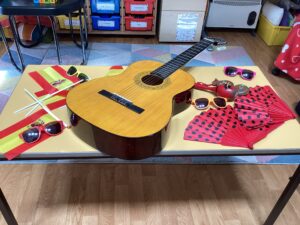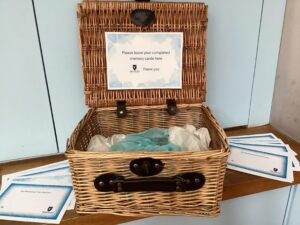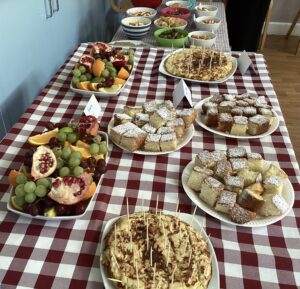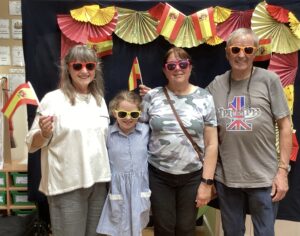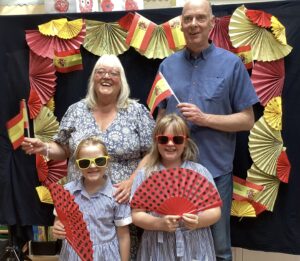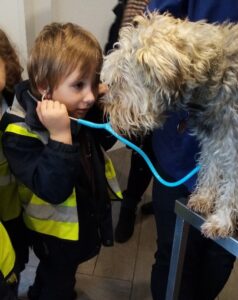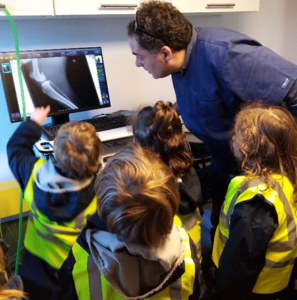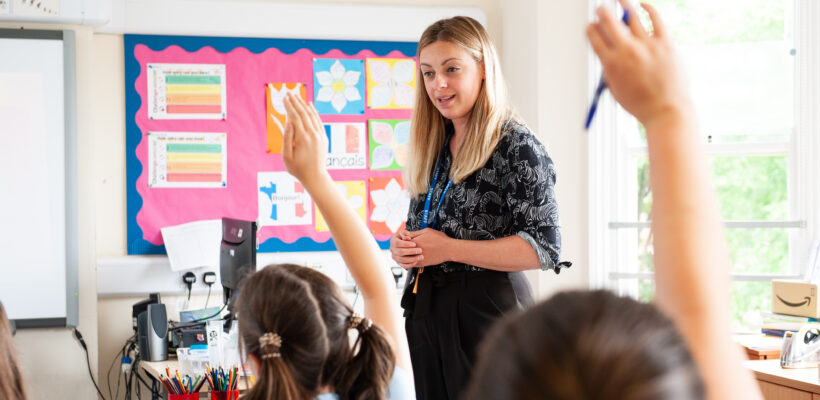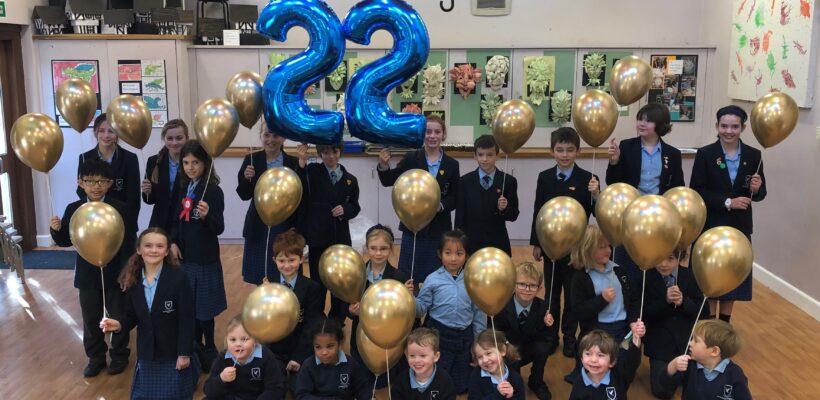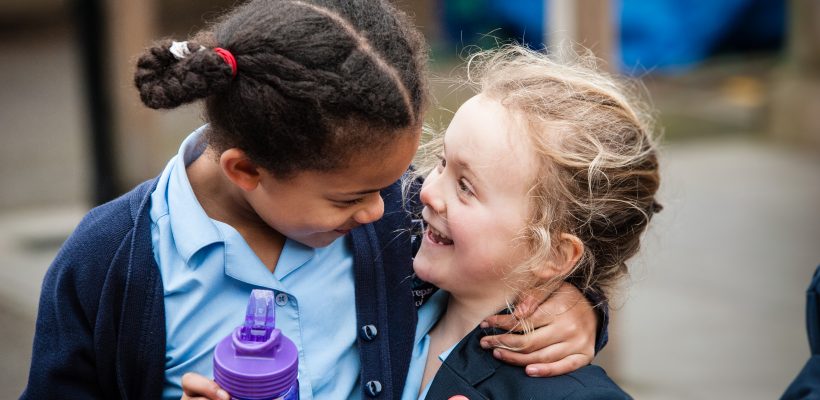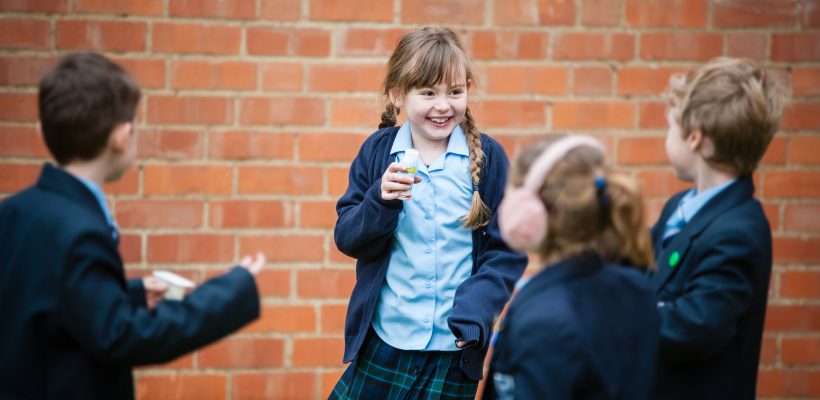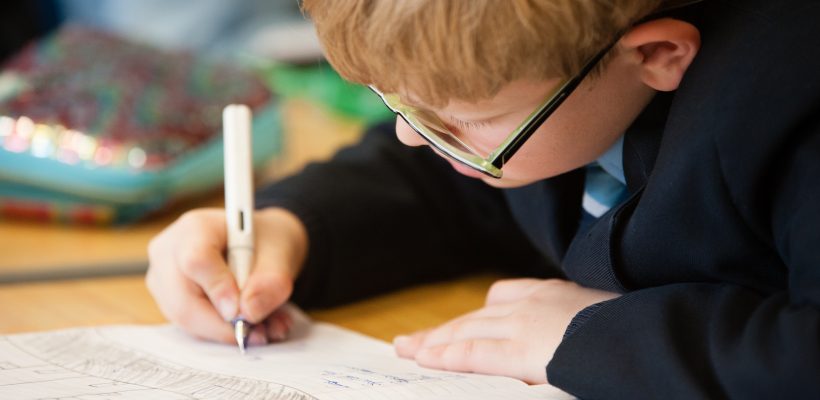All every parent wants, is for their child to be happy at school. Seeing your child thrive in an innovative and nurturing environment is key to both their and your happiness. Listening to your child’s excited chatter at the end of the day about what they have learnt, or the games they have been playing, gives you the confidence that they are both settled and content at school.
However, sometimes this does not happen. Your child may be showing signs of struggling at school, becoming disinterested in lessons or have problems with friendship groups. Simply put, they are just not happy. Changing schools can seem extreme, especially part way through the year, but it does happen, and if it is done carefully, it can be incredibly effective in restoring your child’s happiness.
Is it easy to change schools?
At Hopelands, we receive many enquiries from families who are looking to move their child part way through their primary schooling. The first thing we advise them to do, is to come and visit us during a normal school day. They will be able to spend time with the Headteacher and be shown around the school by the Head Pupils. We feel it is important to hear what the children have to say about their school and to see how they behave in the lessons and during playtimes. After the visit we offer a taster session. This provides a great opportunity for the child to come and join their class for either a morning or an afternoon. As we are a small school, with an average of 12 children per class we find that this helps the settling in process as they soon get to know everyone, from Reception right through to Year 6.
What happens when you start at Hopelands?
We recognise that moving schools and making new friends can be a little daunting and we work hard to ensure there is a smooth transition. On the first day the child is assigned a buddy and for children in the younger years their buddy will be a child from Year 6. At Hopelands it is seen as a privilege to be a ‘buddy’ and the pupils treat this role with great pride and responsibility. The buddies often form great friendships with the younger pupils and even have ‘buddy’ photos taken at the end of the year when the school photographer comes in.
The teaching staff keep a close eye to make sure the new pupil is settling in well. If there are any concerns the children are listened to, and a resolution is swiftly found. We pride ourselves on pastoral support and teacher/pupil relationships are key to our success. Our small class sizes come into their own here. But if the new child does not yet feel confident to talk to a staff member, they can post their concerns in the worry boxes which are in every classroom. Every day, the worry boxes are checked by the form teachers to ensure no worries are ever missed.
What do the families say who moved here from another school?
At the end of the day no one understands better what the reality of changing schools means than the families who go through this. We always strive to achieve the best for our families and regularly ask for feedback – here is a snapshot of what some families have said:
‘We hadn’t planned to send any of our children to an independent school. We weren’t sure if we’d “fit in”! Hopelands is a really special place. Freddie immediately felt at home and has thrived and grown into the absolute best version of himself. He is much more confident and happier; he has really been nurtured by the small class sizes and the engaging teaching. We truly believe that moving Freddie to Hopelands has been the best decision we’ve ever made for him. He wasn’t failing in his previous school, he wasn’t unhappy there, but he wasn’t the Freddie we now have!’
‘Our eldest daughter joined Hopelands in year 3. We were nervous about the move as she had been at her previous school for 5 years (nursery & lower prep) but for various reasons we had to make the move. To say it’s the best decision we made is an understatement. She fitted in straight away and her teachers helped with our nerves! She is now just about to start year six and our only regret is we didn’t move sooner.’
We were obviously apprehensive about our son changing schools, but from our first contact with Hopelands we were impressed by how welcoming both the children and staff were. He settled in immediately, and the transition could not have gone more smoothly.’
To find out more about Hopelands Preparatory School please call 01453 822164 or email scompton@hopelands.org.uk


